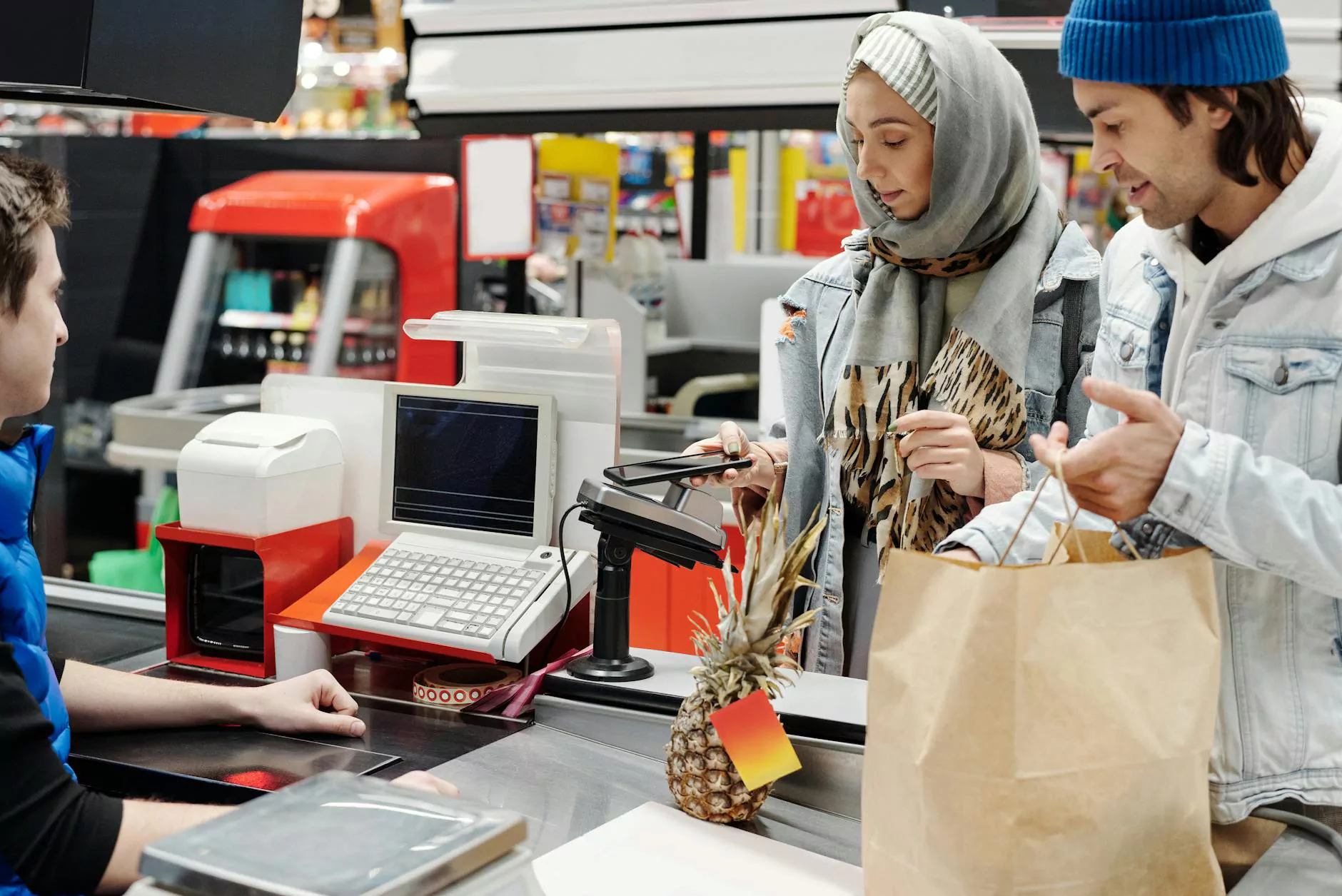The Rise of Personalization in Retail Technology

Introduction
Welcome to Workforce Outsourcing's Insights Blog, where we explore the latest trends in the business and consumer services industry. In this article, we dive into the fascinating world of personalization in retail technology. As consumer demands continue to evolve, it's crucial for businesses to understand the significance of offering tailored experiences. Let's explore the key aspects of personalization and how it can help your retail business thrive in today's competitive market.
Understanding Personalization in Retail
Personalization in retail refers to the practice of tailoring experiences and offers based on individual customer preferences, behaviors, and characteristics. It involves utilizing advanced technologies, data analytics, and artificial intelligence to deliver customized recommendations, relevant content, and personalized marketing campaigns.
Benefits of Personalization
The rise of personalization in retail technology offers numerous benefits to both businesses and consumers:
- Enhanced Customer Experience: Personalization allows businesses to create unique and memorable experiences for customers. By understanding their preferences, businesses can tailor product recommendations, offers, and promotions, resulting in increased customer satisfaction and loyalty.
- Increased Conversions: By delivering personalized product recommendations and offers, businesses can significantly improve conversion rates. When customers feel understood and catered to, they are more likely to make a purchase.
- Improved Customer Retention: Personalization fosters stronger relationships with customers, leading to improved retention rates. By consistently delivering personalized experiences, businesses can ensure their customers keep coming back for more.
- Optimized Marketing Efforts: Personalization enables businesses to target their marketing campaigns effectively. By analyzing customer data, businesses can tailor their messaging, content, and offers to the right audience, increasing the chances of successfully reaching potential customers.
The Role of Technology in Personalization
Technological advancements play a significant role in enabling personalized experiences in retail. Here are key technologies shaping the rise of personalization:
1. Big Data Analytics
Big data analytics involves collecting and analyzing massive amounts of customer data to gain valuable insights into their preferences, habits, and behaviors. By leveraging this data, businesses can make informed decisions and deliver personalized experiences that resonate with individual customers.
2. Artificial Intelligence
Artificial Intelligence (AI) powers various personalization initiatives in retail. AI algorithms can process large datasets, detect patterns, and make predictions, allowing businesses to offer highly relevant recommendations and personalized marketing messages.
3. Machine Learning
Machine learning technologies enable systems to learn from data and improve automatically over time. By employing machine learning algorithms, retail businesses can continuously enhance their personalization strategies, ensuring they stay up to date with changing consumer preferences.
4. Customer Relationship Management (CRM) Systems
CRM systems enable businesses to collect and manage customer data effectively. These platforms allow retailers to centralize customer information, track purchase history, and develop personalized marketing campaigns based on individual customer profiles.
Best Practices for Implementing Personalization
To succeed in the era of personalized retail experiences, consider the following best practices:
1. Collect and Analyze Data
Invest in data collection tools and analytics platforms to gather valuable customer data. Analyze this data to uncover insights and patterns that will drive your personalization efforts.
2. Utilize Customer Segmentation
Segment your customer base into groups with similar characteristics and preferences. This segmentation enables you to create targeted campaigns and personalize experiences based on each group's unique traits.
3. Implement Dynamic Website Customization
Utilize technology to customize your website based on individual customer preferences. Display personalized product recommendations, promotional banners, and relevant content to enhance the overall user experience.
4. Leverage Social Media and Email Marketing
Integrate personalized recommendations and content in your social media and email marketing campaigns. Tailored messaging enhances engagement and increases the likelihood of conversions.
5. Monitor and Optimize
Continuously monitor the effectiveness of your personalization efforts. Leverage analytics and A/B testing to refine your strategies, ensuring you deliver the best possible experiences to your customers.
Conclusion
In conclusion, the rise of personalization in retail technology presents an immense opportunity for businesses to engage and satisfy their customers in unique ways. By leveraging advanced technologies, collecting and analyzing customer data, and implementing best practices, Workforce Outsourcing can help your retail business create tailored experiences that stand out from competitors. Embrace personalization, and elevate your retail business to new heights in the era of consumer-centric retail experiences.









